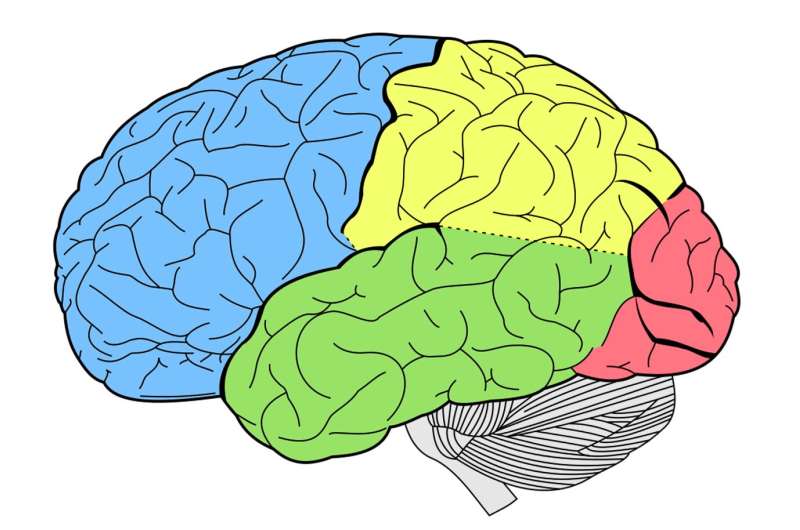This article has been reviewed according to Science X's editorial process and policies. Editors have highlighted the following attributes while ensuring the content's credibility:
fact-checked
peer-reviewed publication
trusted source
proofread
What marsupials can teach us about brain development

University of Queensland research has revealed features of early human brain development are mimicked in the brains of marsupials.
Lead author Dr. Rodrigo Suárez from UQ's Queensland Brain Institute and School of Biomedical Sciences, said the finding could lead to a better understanding of brain patterns linked to neurodevelopmental conditions like autism spectrum disorder (ASD). The study was published in the Proceedings of the National Academy of Sciences.
"Marsupials are mammals born at extremely early stages—the equivalent to mid-gestation in human terms," Dr. Suárez said. "Most marsupial brain development happens postnatally, inside the mothers' pouch.
"Because of this, we've been able to study patterns of neural activity in the Australian native fat-tailed dunnart and found they're similar to those in the human brain in utero."
The research used light indicators to record the electrical activity of neurons in marsupial joeys.
"We followed the onset and maturation of complex activity patterns, using advanced microscopy to read how the joey's developing brain cells first communicate," Dr. Suárez said.
"There were distinct patterns from the outset indicating not only that neural activity begins before sensory experience, but that unique electrical features in newborn cells might be crucial for the healthy establishment of brain connections.
"Likewise, subtle defects in these patterns could lead to neurodevelopmental conditions like ASD."
Dr. Suárez said it was well established that human babies respond to stimulation well before birth. "But exactly when, where and how electrical activity begins in the developing brain has remained largely unknown," he said.
"This is mostly because only mammals have evolved a cerebral cortex—the wrinkly surface of our brains that controls sensory motor and cognitive tasks—and most experimental models can't survive at such early stages outside the uterus."
Dr. Suárez said studying marsupials could help researchers go further back in brain evolution.
"These findings highlight early processes of brain development that arose millions of years ago, and are ongoing with little change, likely influencing the evolution and diversification of the cerebral cortex."
More information: Rodrigo Suárez et al, Cortical activity emerges in region-specific patterns during early brain development, Proceedings of the National Academy of Sciences (2023). DOI: 10.1073/pnas.2208654120




















